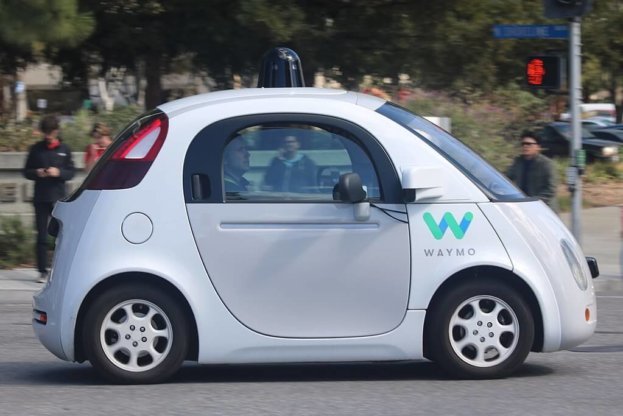It is no secret that technology is evolving faster as time passes and that it is transforming the way we live our lives. The innovation of new tech solutions is making specific businesses flourish, as convenience gets added to our lives.
Everything advances, from kitchen appliances to digital watches. New creations appear, and predictions on how things will develop may seem out-of-date within months. Video games today progress at such a rapid pace that they grow more impressive each year, and if you wish to play some mobile gaming tech in 2020, you can read more here. However, below, we attempt to shine a light on a few tech trends that are creeping up and will soon make an impact.
Augmented Reality and Virtual Reality

While there has been a lot of talk about Augmented & Virtual Reality in recent years, AR/VR technology has seemingly suffered slow progress. However, things should change as both Apple and Google are supporting developers via their AR platforms. Given that mobile devices now feature processing capabilities that can handle AR/VR technology, the barrier to entry has lowered substantially.
While AR and VR are traditionally seen as gaming-related, their application stretches further than that. An example of this is Virtual Ship, a simulation software used to instruct Army and Navy captains on how to handle stressful situations. AR is also one of the hottest up-and-coming retail trends, as 48% of shoppers have said that they are more likely to buy from a retailer that offers an AR experience.
Also Read: How Augmented Reality is Going to Shape The Future
Autonomous Driving

Experimentation with automated driving systems has been going on since the 1920s. The first success story was in 1977 when the Tsukuba Laboratory developed the first semi-automated car. In 1995, Carnegie Mellon University hit a milestone with its Navlab 5, the first autonomous vehicle to complete a coast-to-coast drive of the US.
Today, companies such as Alphabet, Waymo, and Tesla, are pushing the idea of making a driverless car commercially available. Hurdles in rolling out these vehicles include necessary modifications to laws and road infrastructure, as well as a change in social attitudes. Nevertheless, according to IDTechEx, 10% of all new cars sold by 2030 will be Level 3+ autonomous.
Blockchain

In 1982, Cryptographer David Chaum first proposed a blockchain-like protocol. His concept was expanded on in 1991, but it wasn’t until 2008 that the first blockchain came into existence thanks to Satoshi Nakamoto, the person who developed Bitcoin. Blockchain is a ledger that allows the storage of data on thousands of servers while letting anyone on the network see everyone’s entries in real-time.
According to market research, Blockchain technology is rising in popularity, as it finds implementation in the healthcare system and the management of intellectual properties. Blockchain-related jobs are the second-fastest growing category of employment in the IT sector. Many expect this technology to expand its presence in supply chain management, banking, cybersecurity, and even make its way onto establishing online voting as a viable alternative to the traditional voting process.
Also Read: 6 Reasons Why It Is the Best Time to Make a Career in Blockchain Technology?